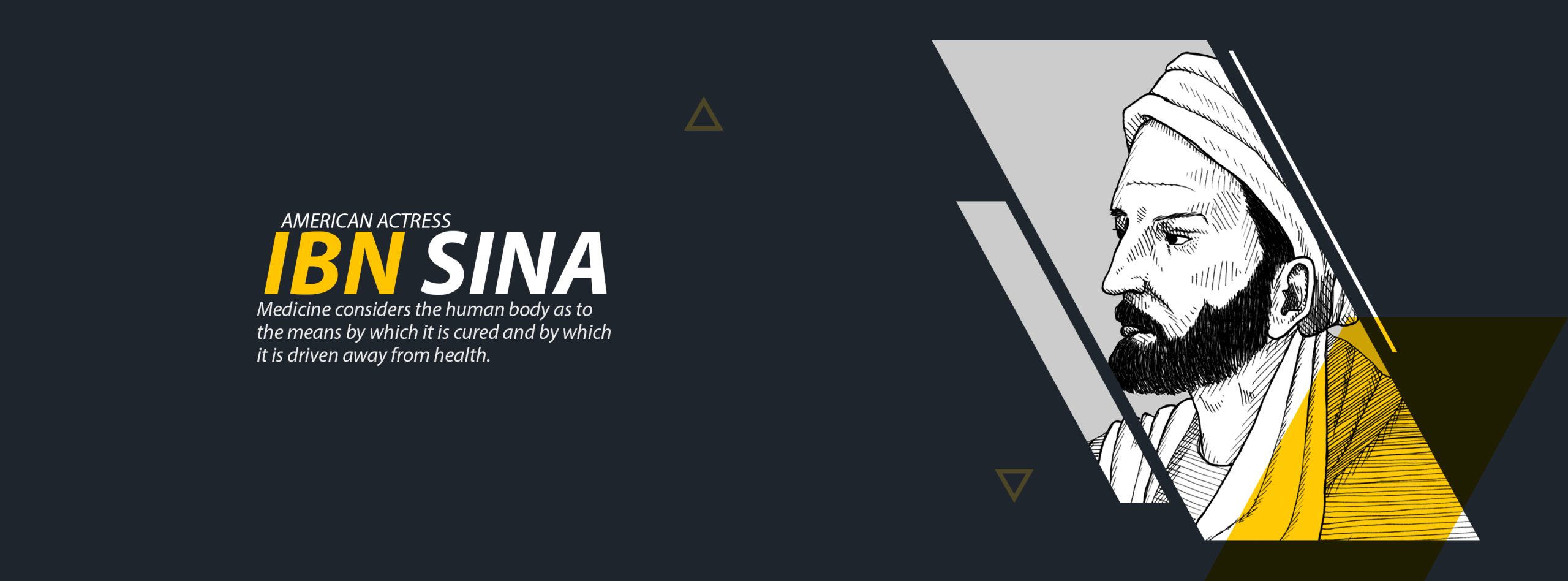The top 10 most inspiring quotes by Ibn Sina
- Those who deny the first principle should be flogged or burned until they admit that it is not the same thing to be burned and not burned, or whipped and not whipped.
- There are no incurable diseases—only the lack of will. There are no worthless herbs—only a lack of knowledge.
- It is in the nature of water … to become transformed into earth through a predominating earthy virtue; … it is in the nature of earth to become transformed into water through a predominating aqueous virtue.
- Medicine considers the human body as to the means by which it is cured and by which it is driven away from health.
- The world is divided into men who have wit and no religion and men who have religion and no wit.
- The knowledge of anything, since all things have causes, is not acquired or complete unless it is known by its causes.
- Medicine deals with the states of health and disease in the human body. It is a truism of philosophy that a complete knowledge of a thing can only be obtained by elucidating its causes and antecedents, provided, of course, such causes exist. In medicine, it is, therefore necessary that the causes of both health and disease be determined.
- But the fact is that when wine is taken in moderation, it gives rise to a large amount of breath, whose character is balanced, and whose luminosity is strong and brilliant. Hence wine disposes greatly to gladness, and the person is subject to quite trivial exciting agents. The breath now takes up the impression of agents belonging to the present time more easily than it does those which relate to the future; it responds to agents conducive to delight rather than those conducive to a sense of beauty.
- Mountains have been formed by one [or other] of the causes of the formation of stone, most probably from agglutinative clay, which slowly dried and petrified during ages of which we have no record. It seems likely that this habitable world was, in former days, uninhabitable and, indeed, submerged beneath the ocean. Then, becoming exposed little by little, it petrified over the course of ages.
- Pain is a sensation produced by something contrary to the course of nature and this sensation is set up by one of two circumstances: either a very sudden change of the temperament (or the bad effect of a contrary temperament) or a solution of continuity.

Ibn Sina, also known as Avicenna, was a Persian polymath who made significant contributions to various fields, including medicine, philosophy, astronomy, and mathematics. Born in 980 CE in Afshana, present-day Uzbekistan, he demonstrated exceptional intellectual abilities from a young age.
Ibn Sina’s most renowned work is the “Canon of Medicine,” an influential medical encyclopedia that became a standard reference in both the Islamic and European worlds for centuries. This comprehensive compilation integrated Greek, Roman, Persian, and Indian medical knowledge, shaping medical education and practice.
In addition to his medical expertise, Ibn Sina was a prominent philosopher. His philosophical masterpiece, “The Book of Healing,” explored a wide range of topics, including metaphysics, ethics, and psychology. He reconciled Aristotelian philosophy with Islamic thought, influencing later philosophers in both the East and West.
Ibn Sina’s contributions extended beyond medicine and philosophy; he made advancements in mathematics, astronomy, and chemistry. His impact on the intellectual landscape of the Islamic Golden Age and subsequent civilizations is immeasurable, and his works continue to be studied and revered today. Ibn Sina passed away in 1037, leaving behind a rich legacy that transcends cultural and historical boundaries.
👉Listen to the best music from all over the world at www.liveonlineradio.net #Ibn_Sina #quotes #FM #Online_radio #radio #live_online_radio #live #world_radio





